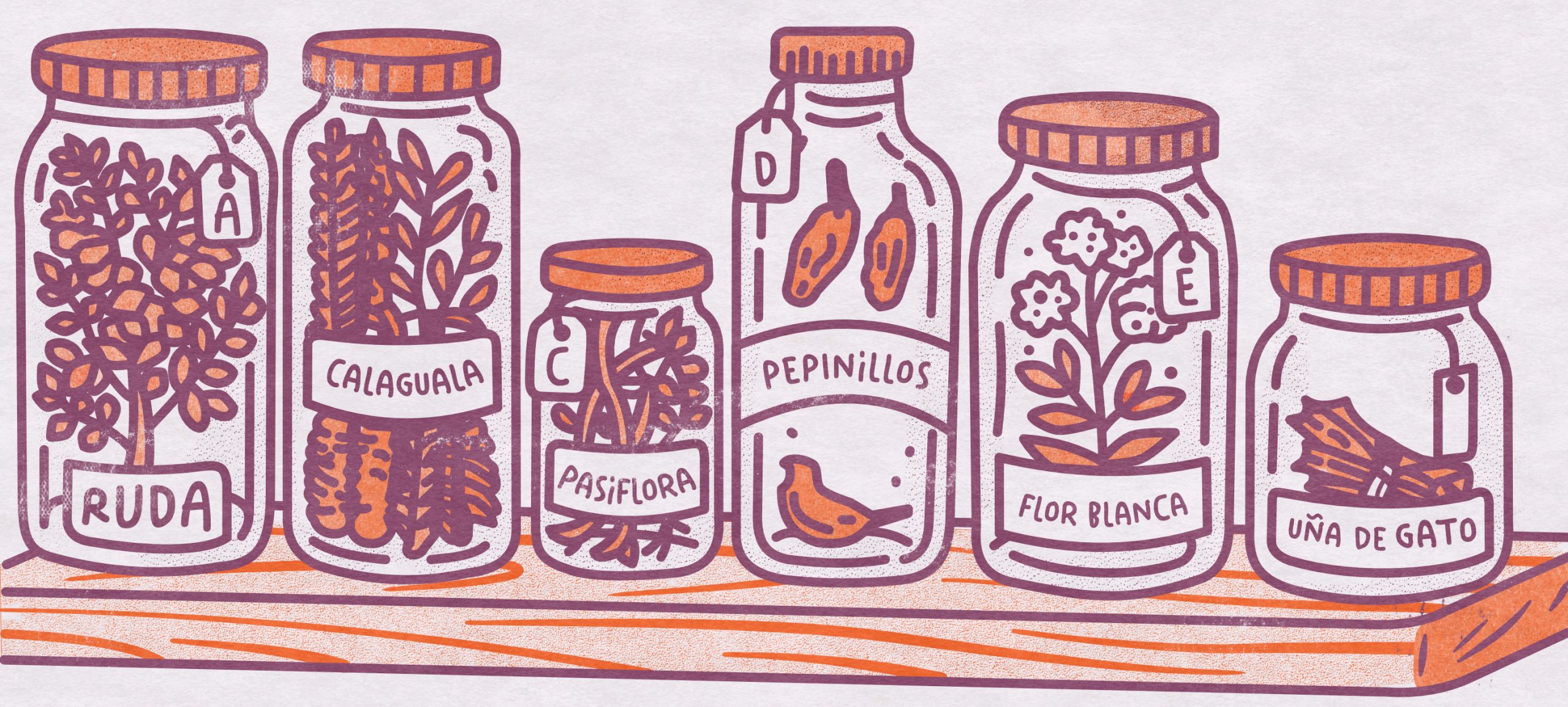
In Fragmented Ecologies, I explore how fragments—of plants, substances, and stories—move through Bogotá’s urban markets as living forms of knowledge, care, and classification. What interests me is not only what these fragments are, but what they do: how a crushed leaf, a powdered root, or a whispered recipe can travel between people, species, and cosmologies. Through these circulations, fragments began to serve as mediators between vernacular and more-than-human worlds, carrying traces of histories that resist neat containment.
To study these movements, I developed an experimental ethnographic method I call fragmentography. This perspective approaches the broken, the partial, and the drifting not as simple limitations but as the very conditions of knowledge-making. In this sense, fragmentography aims to follow how pieces are exchanged, reassembled, or left to decay. This is a curatorial and inventive practice that embraces incompleteness, inviting fragments to speak in their own languages—through textures, smells, and gestures—while attending to the ethical and aesthetic implications of collecting and classifying them.
By mixing ethnographic methods, visual documentation, and experimental taxonomy, my goal is to understand how urban markets deal with ongoing tensions and negotiations between order and disorder, nature and artifice, and care and commerce. This project reimagines ethnography as a practice of attention that learns from the ephemeral and incomplete rather than the monumental and finished. In doing so, Fragmented Ecologies challenges Western taxonomic traditions at the time that proposes a different way of seeing ecology—one that is always already fragmented, yet persistently alive in its recompositions.


